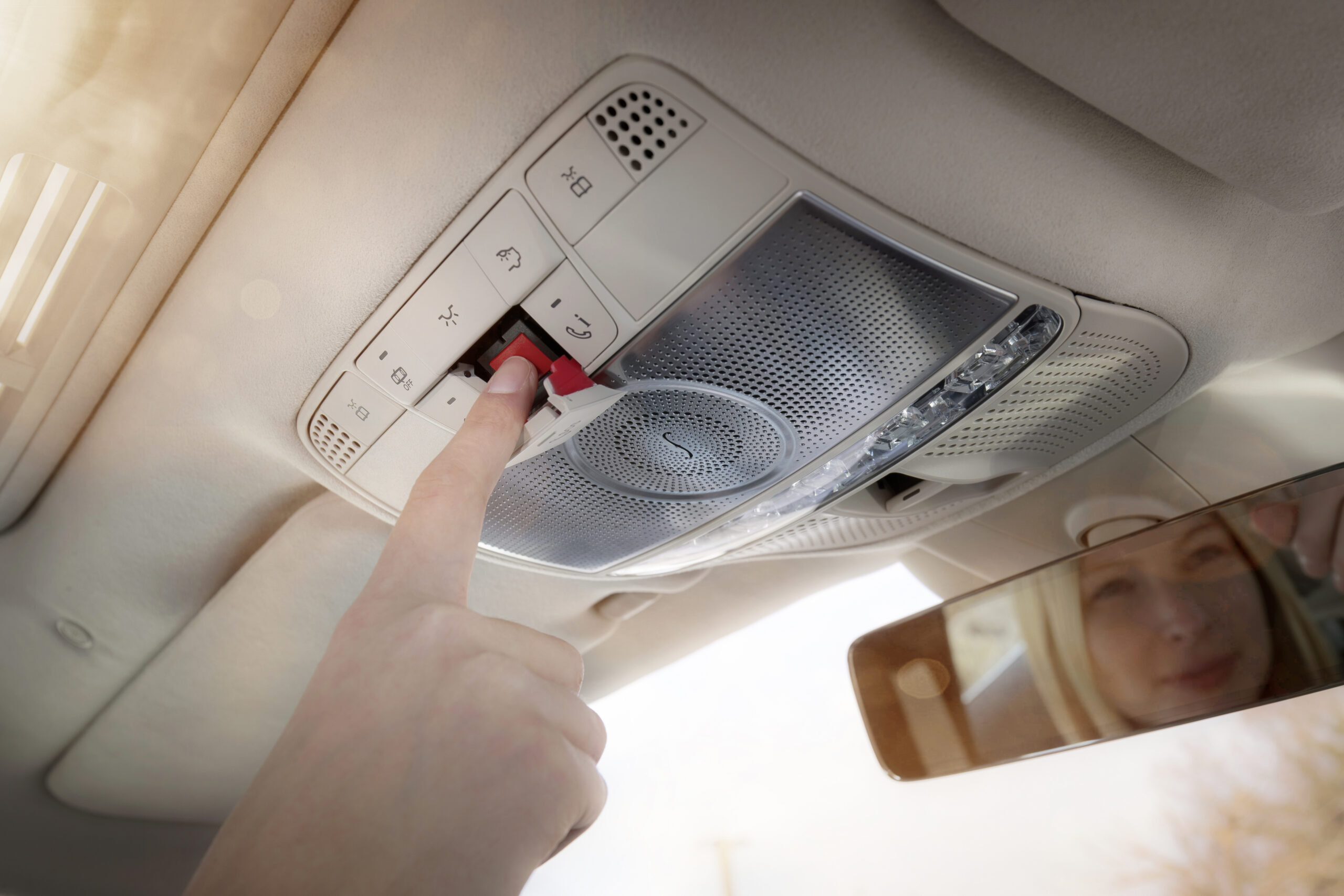
Shutting down 2G network will make eCall useless in 36 million cars

When the telecom operators shut down 2G, millions of cars are left with a dysfunctional eCall system /Mercedes
Carmakers face a million-euro debacle as telecom operators plan to shut down the 2G network, enabling the compulsory safety system eCall. Co


Comments
Ready to join the conversation?
You must be an active subscriber to leave a comment.
Subscribe Today